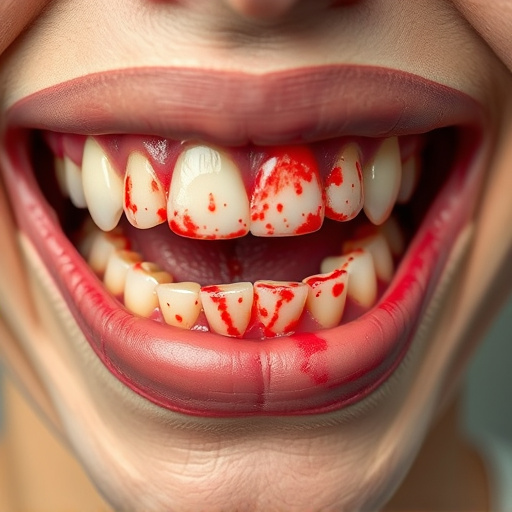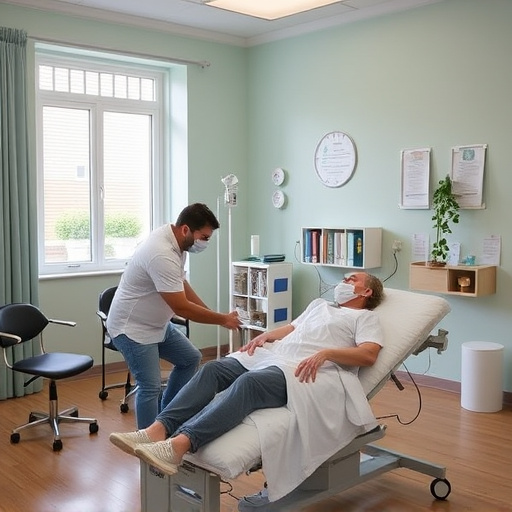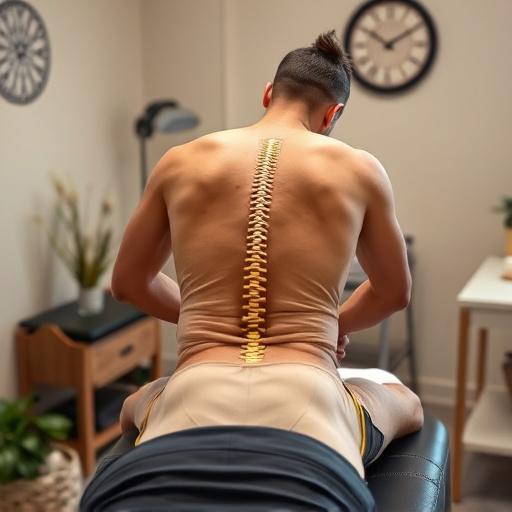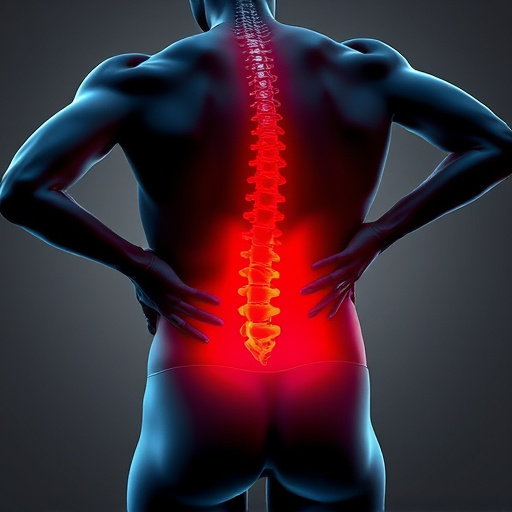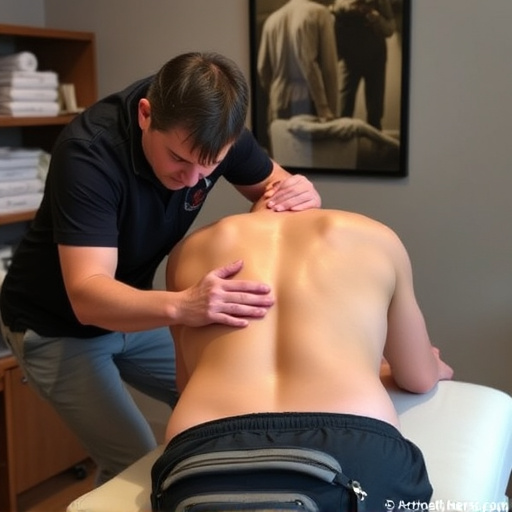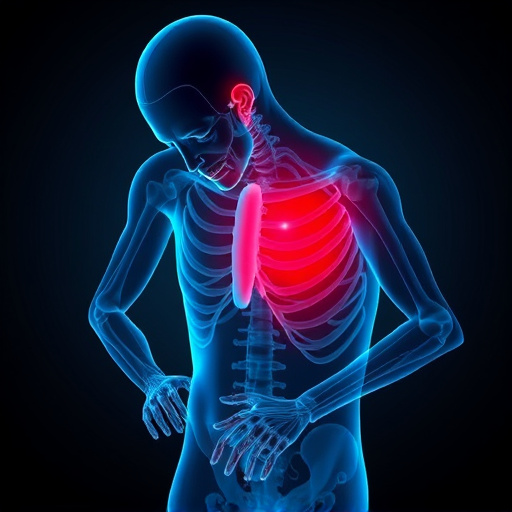Holistic military injury treatment integrates alternative therapies like acupuncture, chiropractic care, and mindfulness practices alongside evidence-based medicine to address root causes of pain and disability. Non-invasive techniques accelerate recovery for service members with diverse health concerns, promoting long-term well-being for veterans post-service. Mind-Body practices, including meditation and yoga, empower veterans to actively manage their healing process, improving quality of life and resilience.
In today’s digital era, alternative therapies are revolutionizing military injury treatment. From holistic approaches that address the mind and body to non-invasive treatments that foster faster recovery, these innovative practices are transforming care for service members. This article explores how alternative methods, such as mindfulness, acupuncture, and physical therapy, are reshaping the landscape of military injury care, offering hope and improved quality of life for those who serve.
- Exploring Holistic Approaches for Military Service Members
- Non-Invasive Treatments Shaping Recovery Strategies
- Mind-Body Practices and Their Role in Military Injury Care
Exploring Holistic Approaches for Military Service Members
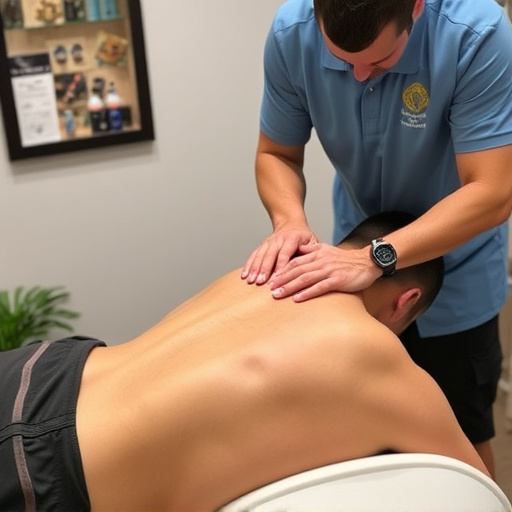
In recent years, there’s been a growing emphasis on exploring holistic approaches to military injury treatment, recognizing that service members often face unique challenges in their physical and mental well-being. Traditional medical practices often focus on treating symptoms, but alternative therapies aim to address the root causes of pain and disability. By integrating techniques like acupuncture, chiropractic care, massage therapy, and mindfulness practices, military healthcare providers are offering comprehensive care tailored to individual needs.
This shift towards holistic treatment acknowledges that many service members have experienced trauma, including car accident injury care, which can lead to chronic pain relief and management challenges. By combining evidence-based medical treatments with alternative approaches, healthcare professionals are fostering a more nurturing environment for healing. This holistic perspective not only aids in the recovery process but also empowers military service members to take an active role in managing their long-term health and well-being, even after they leave service.
Non-Invasive Treatments Shaping Recovery Strategies
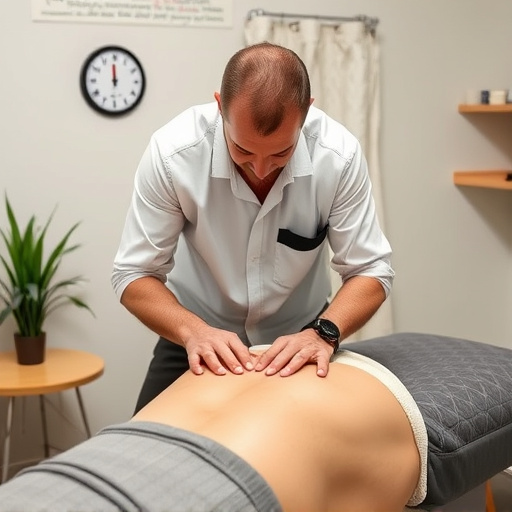
In recent years, non-invasive treatments have emerged as powerful tools in military injury treatment, revolutionizing recovery strategies for service members suffering from various ailments. These alternative therapies offer a gentle and effective approach to healing, addressing both physical and mental health concerns commonly associated with military service. One such method gaining traction is the use of spinal adjustments, which has shown promise in alleviating lower back pain—a prevalent issue among military personnel due to rigorous training and deployment conditions.
Non-invasive techniques like massage therapy, acupuncture, and chiropractic care are now integral parts of comprehensive military injury treatment plans. For instance, pinched nerve relief through specialized massage can significantly reduce pain and improve mobility, enhancing the overall well-being of injured service members. These treatments not only speed up recovery but also promote long-term health, ensuring veterans have the tools to maintain their physical fitness post-service.
Mind-Body Practices and Their Role in Military Injury Care
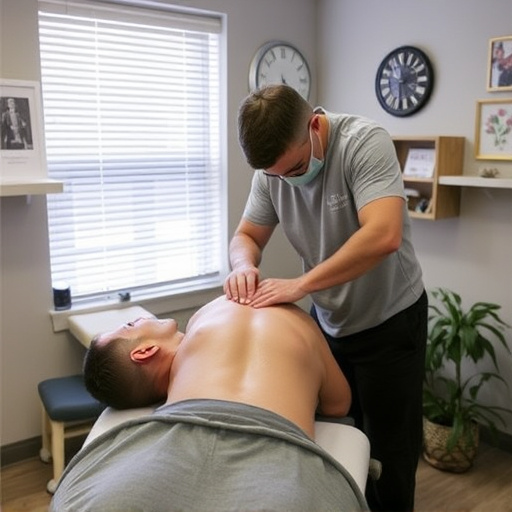
Mind-Body practices have emerged as powerful tools in military injury treatment, offering a holistic approach to healing that goes beyond traditional medical interventions. These practices focus on the intricate connection between the mind and body, recognizing that emotional well-being and physical health are intrinsically linked. Techniques such as meditation, yoga, and mindfulness training are increasingly integrated into post-injury care plans for service members suffering from various conditions, including chronic pain and PTSD.
By combining ancient wisdom with modern understanding of the brain and nervous system, alternative therapies can facilitate functional rehabilitation and improve quality of life for those dealing with military-related injuries. For instance, yoga has been shown to be an effective sciatica treatment, not only reducing pain but also enhancing flexibility and balance—essential components of a comprehensive recovery plan. These mind-body practices cater to the unique needs of veterans, promoting resilience and empowering them to take an active role in their own healing process.
Alternative therapies have emerged as powerful tools in the realm of military injury treatment, offering holistic approaches that complement traditional medical care. From non-invasive treatments to mind-body practices, these alternative methods are revolutionizing recovery strategies for service members. By integrating these practices into military healthcare, we can enhance overall well-being and foster a more comprehensive and effective recovery process for our brave men and women who serve.




